The Balance
Acupuncture is a wonderful complement to Western medicine, but it is not a substitute for it. If you think you have a serious, undiagnosed problem, you need to see a primary care physician. We cannot diagnose and treat something really serious (of unknown origin). We can provide complementary care for conditions that require a physician’s attention. Below are some examples of this. It is important for us and you to take responsibility for your own health.
Common Primary Care Conditions
Below is a list of many common conditions treated using acupuncture as a primary care method. Acupuncture is not limited to only these listed conditions. Please ask your practitioner if the condition you are concerned with is not listed.
Pain - Abdominal, Back, Elbow Facial (TMJ), Hip, Knee, Leg, Neck, Postoperative, Sciatica Shoulders, etc
Sports or Trauma related injuries (after Western medical assessment): - Motor Vehicle Accident, Muscular Tension. Sprains (ligaments), Strains (tendons),etc.
Stress
Allergic rhinitis - Hay fever
Common Cold
Digestive Disorders - Constipation, Diarrhea, Pain, Nausea & Vomiting, etc.
Fatigue
Gynaecology – Fertility, Menstrual disorders, Menopause, etc.
Headache – Tension, Stress, Migraine
Scar Tissue - Microneedling - Collagen Induction Therapy (CIT)
Common Secondary Care or Supporting Role Conditions
Below is a list of many common conditions treated using acupuncture as a secondary care method. Acupuncture is not limited to only these listed conditions. Please ask your practitioner if the condition you are concerned with is not listed.
Diabetes
Edema
Hypertension & Hypotension
Stroke
Scoliosis
Autoimmune disorders - Chronic Fatigue Syndrome, Multiple Sclerosis, Raynaud's Disease, Rheumatoid arthritis, etc.
Cancer
Depression
Road to Recovery:
Its important to know your options. In general, one will achieve both a higher and expedient level of recovery if acupuncture is combined with other modalities such as: diet (food, herbology and supplements), chiropractor, functional medicine, massage, naturopathy, yoga and/or psychology.
If you are still not achieving your expected or desired results in regards to your recovery, you may need the expertise of Western medicine such as: general practitioner or specialist (dentist, gastroenterologist, ophthalmologist, surgeon, psychiatrist, etc.).


